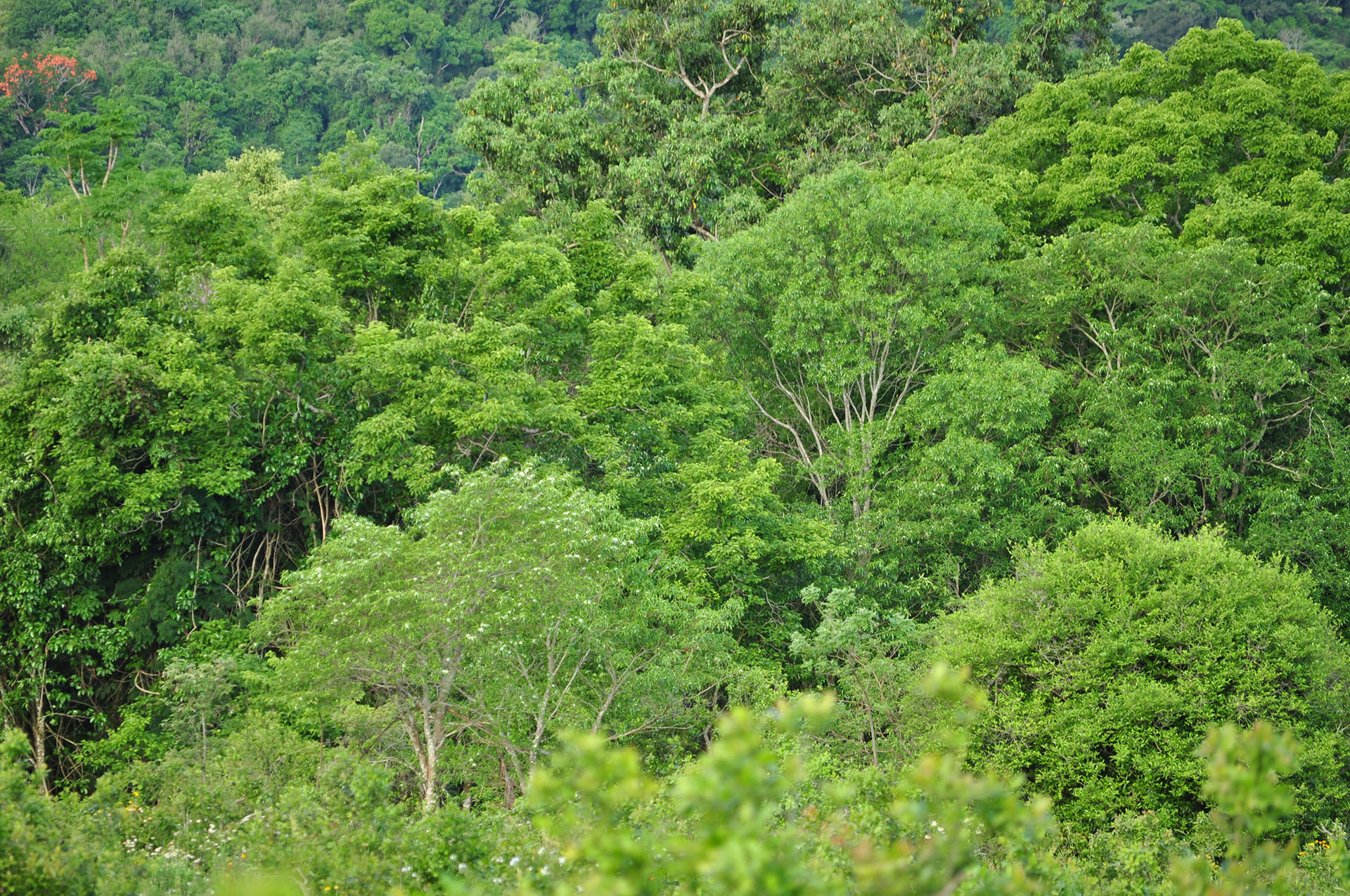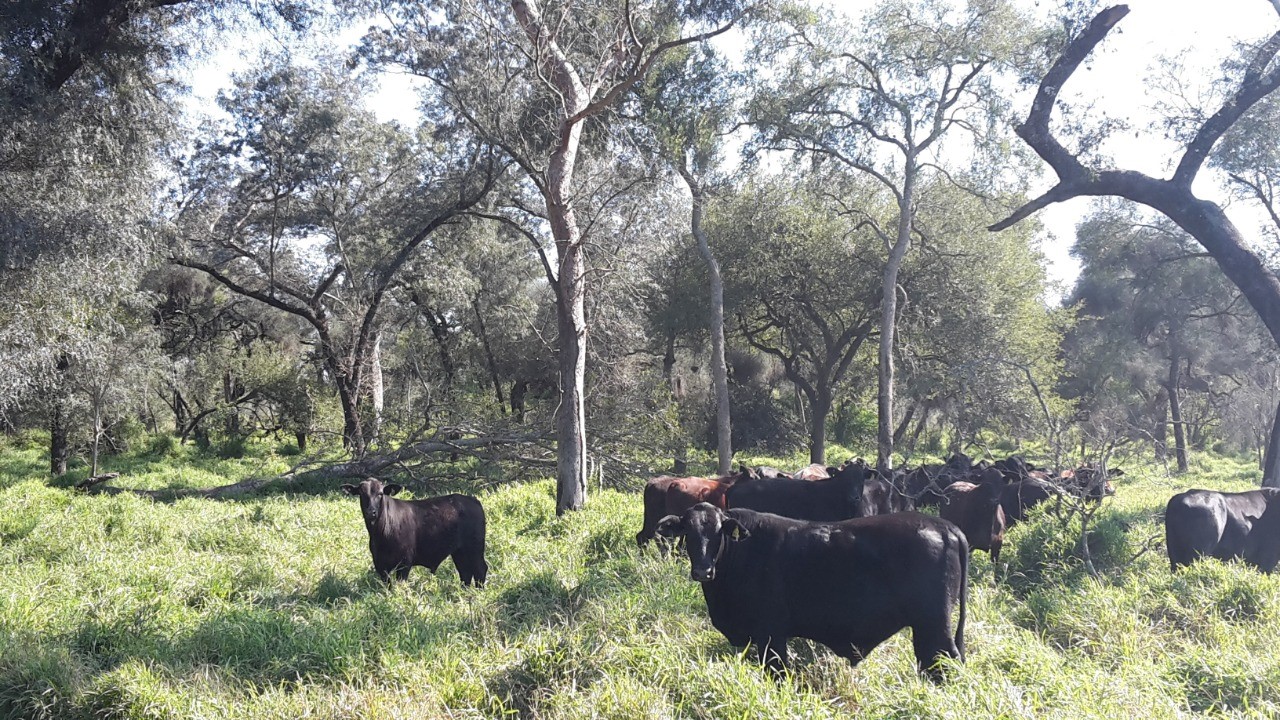On November 10, the Green Climate Fund (GCF) approved an $82 million US project to reward Argentina’s success in reducing deforestation and to support the further enhancement of its climate ambitions through REDD+.
The funds were awarded under the GCF’s REDD+ Results-Based Payment Pilot Programme, after the country successfully completed its REDD+ readiness phase and reported its the emission reduction results to the United Nations Framework Convention on Climate Change (UNFCCC). The results – specifically a reduction of 18,731,707 tons of CO2 emissions - were part of Argentina’s larger emissions reduction achievements between 2014 and 2016. During that time, the country reduced emissions by 165 million tons of CO2 emissions in the forest regions of Parque Chaqueño, the Tucuman-Bolivian Rainforest, the Argentine Espinal and the Misiones Rainforest.
The UN-REDD Argentina National Programme, together with the Forest Carbon Partnership Facility (FCPF), played an important role in supporting the country’s efforts to complete its REDD+ readiness phase and reporting its the emission reduction results to the UNFCCC. Thanks to key national and sub-national efforts and to the collaboration with the UN-REDD Programme, by the end of 2019 – the year in which the UN-REDD National Programme closed - all elements to unlock REDD+ results-based payments were put in place. The safeguards information summary and the REDD+ results Technical Annex (TA) of the Biennial Update Report (BUR) were submitted to the UNFCCC in December 2019, adding to the already achieved milestones of the National Monitoring System of Native Forests, the national REDD+ strategy (PANByCC) and the forest reference emission level.
The proceeds of the approved REDD+ results-based payment project will be re-invested in Argentinian forests and the people who depend on them. Under the six-year project, the Food and Agriculture Organization of the United Nations (FAO) will work towards achieving the country’s climate and sustainable development goals, together with the Ministry of Environment and Sustainable Development of Argentina and other governmental and non-governmental stakeholders, including civil society and key UN organizations such as the UN Environment Programme (UNEP) and the United Nations Development Programme (UNDP). Approaches for inclusive stakeholder processes will be promoted, ensuring active participation and engagement from local communities, rural women and indigenous peoples who live and depend on forests.
The impact-oriented project priorities are:
Strategic fire prevention for six country provinces
Argentina is striving to enhance its prevention, response and management of wildfires. This is due to the growing recognition that wildfires and inappropriate fire management practices linked to livestock and agriculture are significant risk factors in the country. In 2020, the country saw its agriculture and natural resources seriously impacted by wildfires. Some reports estimate that more than 100,000 hectares of pastures, farms and native forests were affected by fires, due to a combination of the ongoing drought (the most intense and prolonged in the last 60 years) and human actions, such as bad fire management practices. The economic, social and environmental costs, although still not fully quantified, are expected to correspond to millions of dollars.
The project will benefit from the partners’ technical expertise on fire prevention and management, as well as innovative forest monitoring and early warning systems. This will contribute to national efforts to enhance carbon permanence, reducing the negative impact on human health, livelihoods and biodiversity.
Seven sustainable forest basins and 95 community forest management plans to support 9,850 families of producers and timber workers, women, local communities and indigenous peoples.
By establishing sustainable forest basins for timber and non-wood forest products, such as honey, carob flour or crafts, and integrated community forest management plans, the project will boost legal and sustainable access to resources, enhance and diversify value chains and multi-sectorial agreements and encourage local communities to sustainably manage their collective territories, according to regulations in force.

The beneficiaries will also have an opportunity to develop and implement innovative models of community forestry by receiving support and training on market analysis and other useful business practices. The project will support community forestry initiatives that shape the development of inclusive value chains and work with producer organizations to implement instruments for inclusive governance that can further support effective policies and strengthen value chains.
· Transforming livestock farming and its impact on native forests through 92 integrated livestock- forest management plans covering a total of 276,612 hectares
Livestock farming is one of the prevailing causes of deforestation and forest degradation in Argentina, but also one of the most important rural and agricultural economic activities that contribute to food security. Following Argentina’s National Forest Management Plan with Integrated Livestock, the project will support the county in transforming livestock farming to safeguard native forests and associated ecosystem benefits. By providing economic opportunities and improving food security and income resilience in rural areas, the activities will also reduce income-forced migration from rural to urban areas.
Small and medium cattle farmers, including those from indigenous and rural communities, will benefit through enhanced traditional silvo-pastoral systems, as well as through the minimization of any environmental, economic and social risks associated with the transformation process.
Stimulating the potential of forests for the post-pandemic recovery in Argentina
These coordinated initiatives will strengthen local and national forest governance and improve the monitoring and reporting of future emission reductions. This is essential for Argentina as it works towards achieving its Nationally Determined Contributions and developing a long-term low-emission strategy.
The new initiative will Inform and complement the country’s post-COVID-19 recovery planning, contributing to the universal call to “build back better” by boosting green recovery measures and turning the recovery phase into an opportunity to achieve transformational and sustainable change.
Related links:
Article “Celebrating UN-REDD and REDD+ Achievements in Argentina: Part 1 & Part 2”
GCF Board 27: Consideration of funding proposals - Addendum II Funding proposal package for FP142 (Argentina)
REDD+ portal, Ministerio de Ambiente y Desarrollo Sostenible, Argentina. Financiamiento por reducción de emisiones derivadas de la deforestación.






